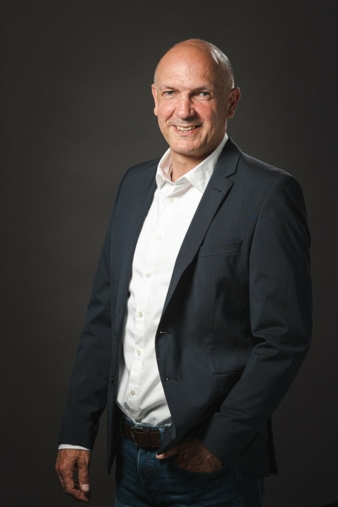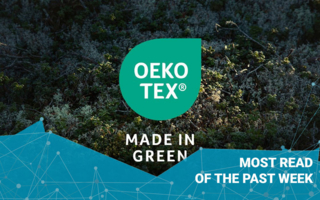09/06/2022 – Texprocess: Setlog — auf Deutsch lesen
Software solution for a transparent supply chain
Software company Setlog will present its enhanced SCM software OSCA at Texprocess. In Hall 8.0 Booth B95, the supply chain experts will demonstrate the IT tool’s five solutions.
The software has been adapted to new realities and market requirements helping companies find digital solutions for their processes more precisely. Third-party systems can now be connected to OSCA even more easily than before, bringing overall deeper transparency into value chains. The tool is used by more than 150 brands worldwide.
Over the course of time, specialists have further developed OSCA so that users can also manage several tiers of upstream suppliers with the tool. The software now brings transparency up to Tier-8. “In the apparel industry, for example, with our software we are now able to advance all the way to the farmer who harvests cotton,” explains Ralf Duester, a member of Setlog's board of directors.
For the enhancements of OSCA, the SCM experts not only exchanged knowledge with industry associations, but also with customers. Know-how transfer took place with Galeria Karstadt Kaufhof, Adler Modemaerkte and Woom.
At texprocess, Setlog representatives also want to advocate for the topic of open-source software. Setlog is a founding member of both Open Logistics e.V., the sponsoring association of the Open Logistics Foundation, and the International Data Spaces Association (IDSA). The Bochum-based company’s credo is that open-source software, especially standardized interfaces, can help logistics IT service providers – particularly medium-sized companies – improve their own solutions.
“The integration of partners on platforms has become increasingly complex in recent years, and the connection effort with interfaces has increased accordingly. Today, it’s all about refining interfaces so that data can flow more quickly, speeding up coordination processes,” Duester emphasizes. “Interfaces are not the Holy Grail for anyone in logistics – neither for logistics companies nor for IT service providers – because the intelligence still lies in the software itself.” According to Duester, the Open Logistics Foundation, which was founded because of an initiative by Fraunhofer IML and the Silicon Economy project, will support logistics on its path to standardization, specifically around interfaces.
Texprocess: Hall 8.0, Booth B95




